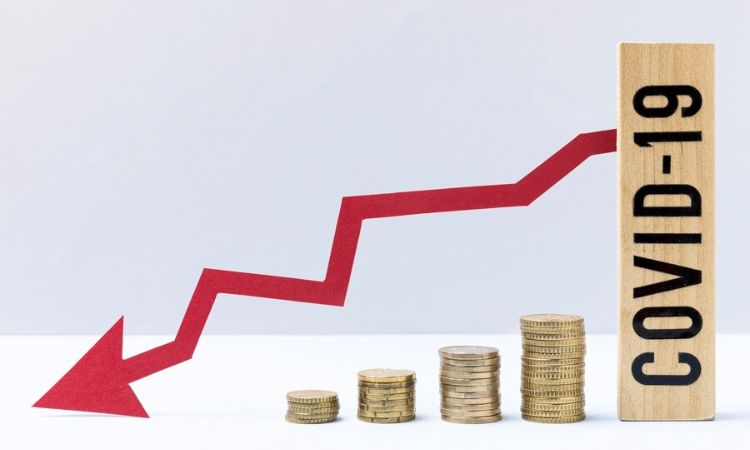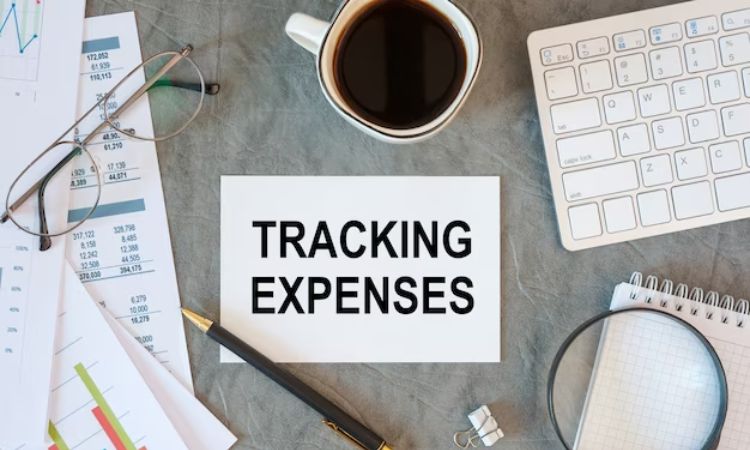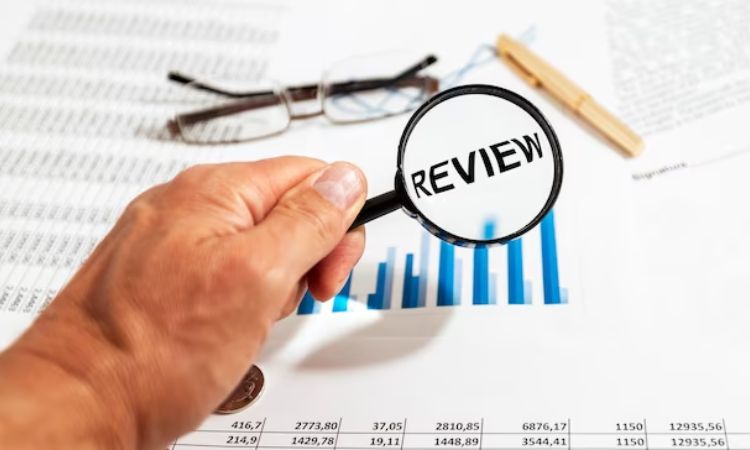In 2023, we’re still recovering from the effects of a large economic recession caused by the Covid-19 pandemic worldwide. This is perhaps one of the largest recessions of our times because it continues till now.
This recession started in early 2019 when all countries around the world declared lockdowns and restricted the movement of people, even within areas where they live. People across the globe also stayed home to avoid infection by the Covid-19 virus.
The Recent Recession: 2019 Till Now
As these lockdowns, curfews and restrictions continued, businesses, small and large, were forced to declare bankruptcy and close down. A few businesses managed to scrape through by moving almost their entire operations to online platforms.
However, the worst hit of all was people around the world. Countless people in every country lost their jobs or businesses. Those once living a happy life had to experience misery because they couldn’t get money anymore from a job or business.
In the US alone, some 10 million Americans lost their jobs in 2024, especially during the peak of the pandemic and later because employers couldn’t afford salaries due to poor business.

In 2022, a lot of these Americans that lost their jobs during the pandemic continued to remain unemployed. This is because the new normal that we’re now seeing demand a totally new set of skills. Most of these skills are for online work.
A lot of economists compare the recession caused by the Covid-19 pandemic to the Great Depression that was seen from 1929 to 1939 when company stocks in the US began tumbling to record low prices. This caused several companies to close down, and people lost jobs too.
What This Means?
The Covid-19 pandemic and the economic depression that followed clearly prove that there’re no guarantees that such unfortunate events will never occur again. As a matter of fact, economists around the world warn people and their governments that another great recession could be just around the corner.
As I write this article, we have to consider the ongoing invasion of Ukraine by Russia. It’s been several months now since Russian troops began their invasion of Ukraine. However, stiff resistance by the Ukrainian soldiers and civilians aided by sophisticated weapons supplied by the US and its allies is ensuring that this war gets prolonged.
While the Russians had expected to invade Ukraine and win easily, they’re nowhere near achieving this ignominious venture. And nor are the Ukrainian soldiers and civilians anywhere near surrendering.
This scenario is causing extreme concerns about another global recession. The US Dollar rate against other currencies of the world is swinging wildly on any given day. The US and global stock markets are also seeing the impact through severe falls and a rise in stock prices. Investor confidence in stocks is low. And consumers are also holding on to their money, expecting another recession.
Whether or not this expected recession occurs and hits the world is anyone’s guess. However, the Covid-19 pandemic and the invasion of Ukraine have global impacts and clearly prove that recessions strike us faster nowadays and have a worldwide impact.
How To Manage Your Money For Recession?
Therefore, if you’re an employee, daily wage earner, businessperson or even a working mom or a single mother, here’re some superb tips on how to prepare for a recession. It doesn’t matter whether you’re a working mom or a homemaker. You can actually help the family stay afloat financially during a recession.
Here’re my tips that could help your family and you sail through an economic recession without any major problems.
1. Create a Recession Fund

The first thing to do at any point in time is to create a recession fund for the family and yourself. This means putting aside at least 30 to 50 per cent of the money that your household spends every month.
For example, if you spend $1,000 per month on your household, save at least $300 t $500 from the household income.
This recession fund can be saved in any savings plan that ensures quicker withdrawal when you need the money and pays a higher rate of interest. This fund could help your family avoid some of the major problems that occur during a recession.
If you or your spouse loses your job and income, this fund could prove useful to tide over the recession. Such a recession fund is especially important for single moms that might have no other source of income.
2. Learn an Online Skill

When you learn an online skill, it could actually help you overcome the evil effects of a recession. That’s because certain skills, such as content writing, digital marketing, customer care and social media management, among others, are almost recession-proof. This means the demand for your skills will remain high even during a recession.
However, it’s worth knowing that simply learning a skill doesn’t help. You also need to practice this skill and upgrade it when necessary. Most online skills get redundant quickly due to advances in technology and newer demands for innovation by employers.
A new skill can help you remain relevant in the job market, even during a recession. This means your employer would need your services and not terminate you or retrench you due to lack of business.
3. Start Freelancing

Use your skills, including the newer ones, to start freelancing. The demand for freelancers almost doubled during the recession caused by the Covid-19 pandemic. Currently, the US has the highest number of freelancers in the world- around 53 million. These freelancers didn’t face many problems during the recession of 2020 and 2021.
Freelancing can help you earn a good or even higher income during a recession. It can serve as a good protection for your money against a recession since you would continue to have a stable income. When employers lay off their workers, they get some of their important work done through freelancers.
The right time to start freelancing is right now. You could spend a few hours daily doing freelancer work. And when necessary, you can easily switch to full-time freelancing. In fact, American freelancers often earn more than their counterparts that work full-time for any organization.
Also read:
4. Identify Your Expenses

During normal times, you might be living on a certain budget every month. However, when a recession strikes, it brings in lots of uncertainty over jobs and income.
The prices of stuff can also rise to unbelievable levels due to the closure of businesses and hence, smaller supplies. This was seen during the recession of 2020 and 2021 when lots of products that we use and take for granted started becoming expensive.
At such times, you might have to stop spending money on certain things because your budget might not be enough to pay for everything that you bought or subscribed to during normal times. Since it’s not known whether you or your spouse will have a job, spending lesser and living with a bit less can help your family safely cross the recession. Usually, job losses occur without warning during a recession.
By asking you to live on lesser, I am not saying that it’s necessary to give up on these things altogether. Instead, just give these things a short pause from your household till the recession ends and things return to normal. Therefore, it’s better to identify your expenses and make a list of things that you can easily remove from the list during a recession.
Also read: 10 Ways To Track Expenses With Best Money Tracking Apps List
5. Hire a Financial Advisor

In 2021, only about 38 per cent of Americans managed their money with the help of a financial advisor. The others tried their own skills and techniques for investing or saving money. A few others took the help of robo-advisors available from banks and financial institutions.
A financial advisor can actually help create a superb plan for your finances of the household before and during a recession. Most financial advisors are well aware of the market situation and can actually see a recession coming. They are also able to assess the impact of the recession and know what industries would be hit the worst.
Therefore, most of them have a lot of skills and knowledge that can actually help your household sail through a recession. Actually, a financial advisor doesn’t cost much. In fact, you could find a lot of good, qualified and skilled financial advisors on a freelance basis.
They can help you plan how to use the household income and invest your money in a manner that doesn’t get affected by any recession. In the longer run, hiring the services of a financial advisor can prove to be worth all the money you spend. In fact, you would secure your financial future with a financial advisor.
6. Review Your Investments

Should you have invested some money in stocks, Mutual Funds, currencies, cryptocurrencies, commodities or other such assets, it is high time to take a review. Obviously, some stocks and other holdings would lose value during a recession. That’s because stock markets are the first to bear the impact of any economic recessions and downturns, regardless of whether they occur globally or in our country.
Let’s get this clear. We’re discussing only a review of your investments. That means finding out through newspapers and websites how steep your investments could fall and how soon they could bounce back to the prevailing value. Please remember that I am not asking you to sell off or get rid of your investments. On the contrary, I suggest that you hold them.
As a matter of fact, a recession could prove to be an ideal time to buy some more stocks, Exchange Traded Funds, Mutual Funds and other assets. That’s because their value goes down, often by several Dollars. And when the recession ends, their values rise again, which gives you a hefty profit and margin. The value of your investments rises.
7. Never Hoard Things
Unfortunately, thousands or even millions of Americans begin hoarding things such as food items to stave off price rises that usually follow a recession. This is one of the things to avoid. Never hoard things. People hoard stuff because it lulls them into a fake sense of security.
One of the greatest fallouts of hoarding essentials such as fuel or foodstuff is that you deny it to others that could be lesser fortunate than you. Hoarding tends to send prices zooming upwards as demand increases, but supplies are short, as we had seen during the Covid-19 pandemic when people bought hundreds of rolls of toilet paper.
Secondly, hoarding requires you to buy in advance, in bulk quantities. This means spending more money than you would usually do. Once you’ve bought something, you need to use it. It’s not possible to sell food grains or toilet paper for cash when you need hard currency in your hands. And thirdly, the things that you hoard, especially food items, tend to get spoiled during storage for longer periods.
8. Avoid Stress and Anxiety

Stress and anxiety are two major impacts on the mental health of almost everyone during a recession. They serve no real purpose. Instead, they could cost you thousands of dollars in psychiatric care and medicines. This stress occurs because, as humans, a recession brings about lots of uncertainty.
Here, it is worth knowing that every recession eventually ends. Governments and large corporations around the world take every measure to get rid of the recession and its negative impacts. Therefore, worrying or stressing or feeling anxious about a recession will usually not serve you any purpose. Stress left untreated develops into anxiety and graduates as depression that often requires professional psychiatric help.
The best way to avoid stress, anxiety and possible depression is to take a new hobby of your choice. Reading books is a wonderful hobby. Simply spend 20 minutes a day on reading, and you could actually become richer in knowledge by the time the recession ends. All top billionaires read books and claim they are successful because of their reading habits.
In Conclusion
It is well known that everyone can be hit very badly by an economic recession. That’s because their household depends on a single income, and losing it can be a disaster. At the same time, working moms and stay-at-home moms are also at risk because they could lose their job or their lifestyles could be affected by a recession.
The key to sailing through a recession is avoiding panic of all sorts. It’s well-known that panic causes us to behave irrationally and take wrong, often hasty and sometimes impulsive decisions. Therefore, stay calm. These steps can help you manage your money during recessions.
Samuel Mitchell is a financial analyst with expertise in investment research and risk assessment. With a background in finance and advanced certifications, he delivers accurate and concise financial analysis. Samuel’s writing style is precise and data-driven, providing actionable insights for readers. Explore the world of finance with him and make informed investment decisions.






